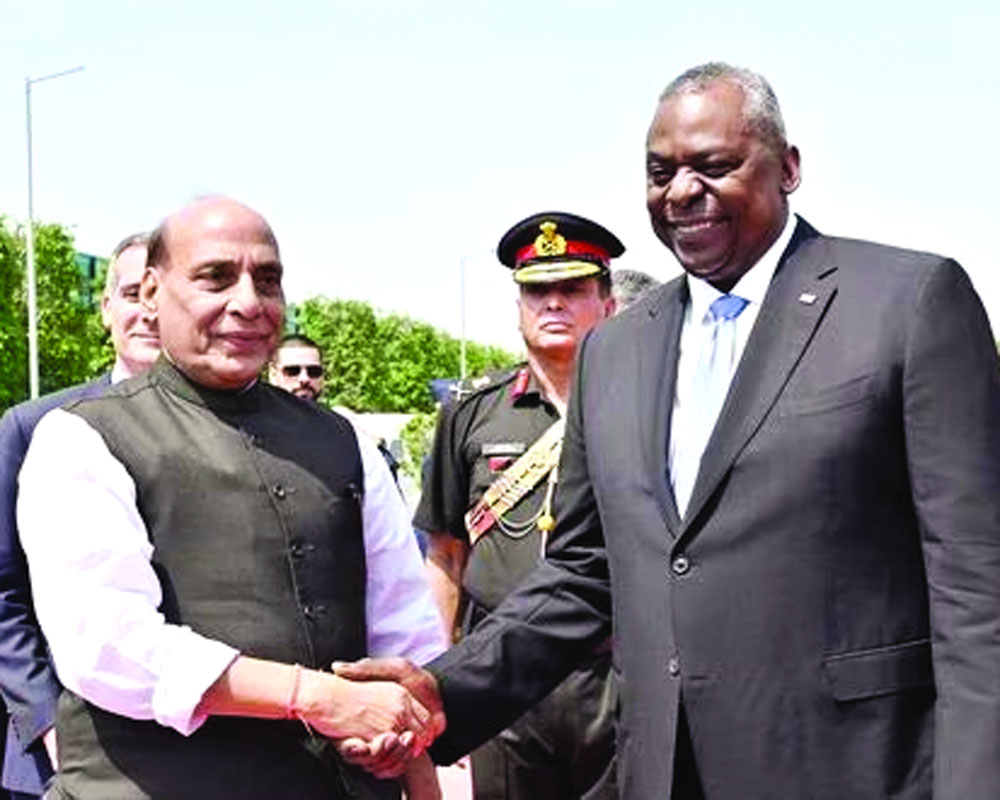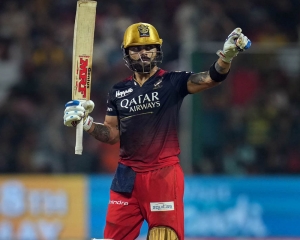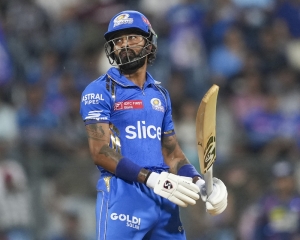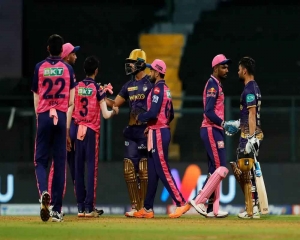The US Defence Secretary’s India visit is of vital importance for regional security
US Defence Secretary Llyod J Austin III, travelled to India earlier this week, after confronting one of the most significant geo-political rivals, faced by America in recent times, China, at the prestigious Shangri La Dialogue in Singapore. All through his trip to New Delhi from Japan and Singapore, Austin continued to emphasise the centrality of the Indo-Pacific to US’s military strategy and continued to remind the pacing challenge from China.
Austin during the Shangrila Dialogue in Singapore (of the marquee platforms for defence ministers of the region to interact) mentioned, that budgetary constraints would not come in the way of the US putting the right amount of money towards strategic projects in the region. Later, the press statement from the Department of Defence outlined that the US sends the most advanced weapons system to the Indo-Pacific and that his department had approved $9bn towards the Pacific deterrence initiative. The US defence secretary was speaking after his Chinese counterpart Li Shangfu accused the US of Spreading the “cold war mentality” which was “greatly increasing security risks”. The Shangrila dialogue coincided with a dangerous manoeuvre in the South China Sea where the US accused a Chinese ship of coming near the US and Canadian vessel crossing the Taiwan Strait. Freedom of navigation in the South China Sea, and the status of Taiwan are some thorny issues, hounding the Washington-Beijing relationship, with no signs of abatement.
The Chinese defence minister meanwhile tried to paint himself, as the picture of a tall statesman by insisting that his country sought dialogue over confrontation, the world was big enough for both countries to co coexist and a conflict would bring in “unbearable disaster” for the globe. However, the Chinese side refused to sit down for a bilateral talk with the US on key security concerns. The Chinese defence minister mentioned that they would not allow freedom of navigation patrols by the US and its allies in the region (Taiwan Strait and South China Sea), as they alleged that it was a deliberate provocation.
The US and China didn’t have a cordial dialogue in Singapore, which leads to Mr Austin’s next destination, New Delhi. India and China are going through one of the worst military confrontations, with thousands of armed soldiers from both countries staring at each other along India’s North Eastern borders, after China unilaterally tried to change the boundaries. India’s growing proximity to the US and its Western allies, with its rising voice as a key economic player not just in the region, but at a global level, is also a concern for China.
A press statement released after Austin visits New Delhi highlighted “the major defence partnership, and advance cooperation in critical domains ahead of Prime Minister Modi's official state visit to Washington”. The two sides welcomed “the conclusion of a new Roadmap for U.S.-India Defense Industrial Cooperation, which will fast-track technology cooperation and co-production in areas such as air combat and land mobility systems; intelligence, surveillance, and reconnaissance; munitions; and the undersea domain. This initiative aims to change the paradigm for cooperation between U.S. and Indian defence sectors, including a set of specific proposals that could provide India access to cutting-edge technologies and support India's defence modernization plans”. The Secretary and his counterparts also discussed the growing importance of defence innovation and cooperation in emerging domains such as space, cyberspace, and artificial intelligence.
India is hoping to procure the technology for manufacturing advanced fighter jet engines from the US, which will provide a major muscle to its air power. Mr Austin’s visit in the middle of escalating tensions with Russia and China, to the Indo-Pacific region and having separate bilateral with India, suggests an upgradation of Indo-US bilateral ties.
(The writer is a policy analyst. The views expressed are personal.)


























